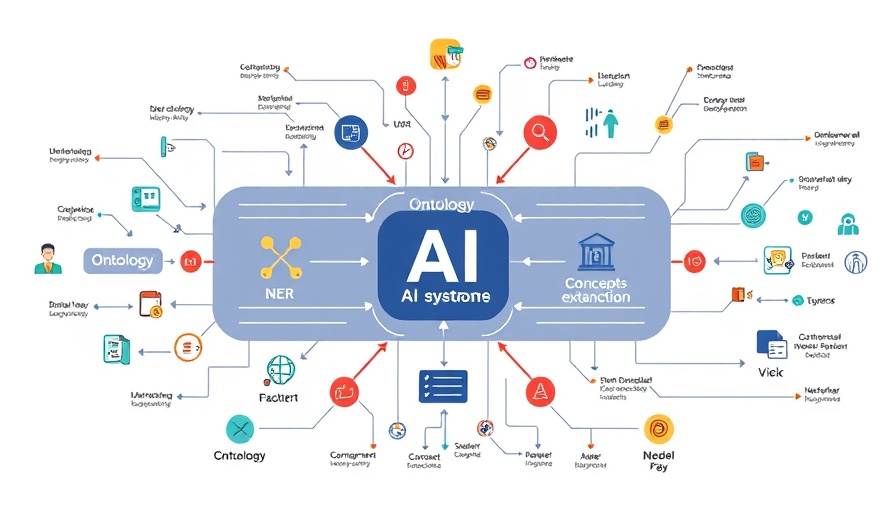
The Imperative of Responsible AI in the Payments Industry
The payments industry is evolving at an unprecedented pace, ranking among the leading sectors in digital transformation. At the heart of this evolution is artificial intelligence (AI), which is revolutionizing various aspects of payment processing—from enhancing fraud detection to streamlining customer service operations.
According to a report from Number Analytics, global digital payment transactions are anticipated to surpass $15 trillion by 2027, underscoring the monumental growth potential of this industry. However, with the advent of generative AI, organizations are compelled to focus on the responsible implementation of these technologies, as this not just affects their bottom line but also the trust and security of consumer financial data.
Challenges and Opportunities in AI Adoption
The integration of AI into payment systems is fraught with unique challenges, which necessitate a thorough examination of responsible AI principles. Here are three primary concerns:
- Data Privacy and Classification: Payment data encompasses sensitive personal information. The regulations surrounding these datasets demand that AI systems uphold high standards of privacy and security.
- Real-Time Processing Requirements: The nature of payment systems often necessitates instantaneous decision-making, whether it's flagging a fraudulent transaction or approving a payment. AI solutions must deliver on speed without compromising accuracy.
- Global Operational Context: With payment systems operating globally, the challenge is further compounded by diverse regulatory landscapes. Solutions must adapt to comply with various jurisdictions—such as India’s Unified Payments Interface and the EU’s Payment Services Directive.
The Importance of Trust in Payment Systems
Consumers expect transparency, fairness, and efficiency from payment services. When trust is eroded, organizations risk not only financial loss but also reputational damage. Responsible AI practices can transform trust into a competitive advantage. As AWS highlights, establishing frameworks for responsible AI can empower financial institutions to navigate this intricate landscape effectively.
Preparing for a Future with Responsible AI
As the payments industry continues to confront rapid technological changes, adopting responsible AI practices is not just an ethical imperative but a strategic necessity. The McKinsey report reiterates the potential economic impact of AI, estimating it could contribute an additional $13 trillion to the global economy by 2030—an indicator of the transformative power of these technologies when applied responsibly.
The upcoming Part 2 of this series promises to delve deeper into practical strategies for operationalizing responsible AI practices within payment systems, highlighting actionable insights for industry leaders.
Conclusion: The Call for Responsible AI
To harness the full potential of AI while safeguarding customer data, executives in the payments industry must commit to integrating responsible AI principles into their operations. This commitment not only aligns with ethical standards but strengthens the customer trust that is critical to retaining competitiveness in a rapidly evolving environment. Stay tuned for actionable insights in the next feature that can guide your organization in this transformative journey.
 Add Row
Add Row  Add
Add 




Write A Comment